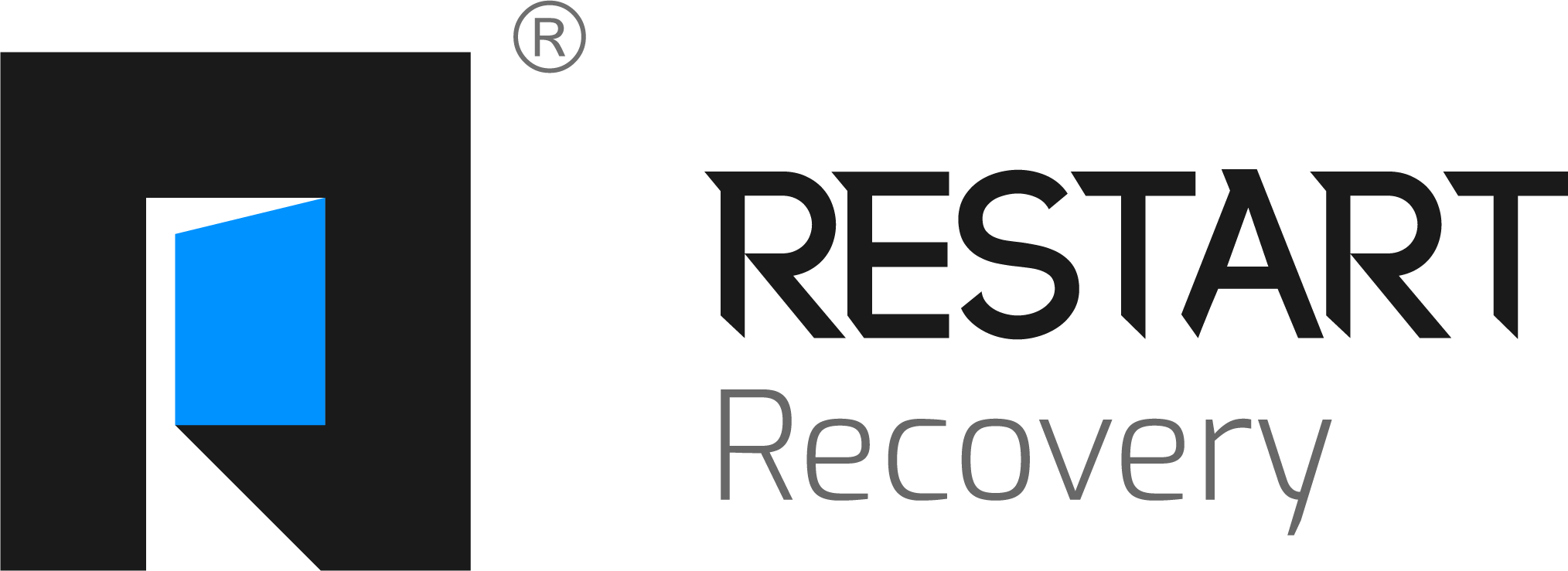What Are the Goals of Addiction Treatment?
- Yasmin Maghsoudloo
- May 12, 2025
- 3 min read

What Are the Goals of Addiction Treatment?
Addiction treatment is a journey toward reclaiming one’s life from the grips of substance abuse. Whether it's drugs, alcohol, or behavioral addictions, treatment programs are designed to address both the physical and psychological components of addiction. Understanding the goals of addiction treatment can help individuals and families set realistic expectations and prepare for the recovery process. Here are the key objectives of addiction treatment:
1. Achieving Sobriety
The first and most critical goal of any addiction treatment program is to help the individual achieve sobriety. This begins with detoxification, where the body is cleansed of addictive substances. In a medically supervised environment, detox ensures that patients can safely withdraw from drugs or alcohol while managing withdrawal symptoms. Once detox is completed, the focus shifts toward maintaining abstinence through structured care.
2. Addressing Underlying Psychological Issues
Addiction is rarely just about the substance; it often coexists with mental health issues like depression, anxiety, or trauma. A key goal of treatment is to identify and address these underlying psychological conditions, often referred to as "dual diagnosis" or "co-occurring disorders." Therapy sessions, including cognitive-behavioral therapy (CBT), group counseling, and individual counseling, help patients understand the root causes of their addiction and develop healthier coping mechanisms.
3. Developing Coping Strategies
A critical component of long-term recovery is the ability to cope with life’s challenges without resorting to substances. Treatment focuses on equipping patients with tools to manage stress, cravings, and potential relapse triggers. Patients learn problem-solving techniques, stress management practices, and other strategies to maintain sobriety in everyday life.
4. Rebuilding Relationships and Social Skills
Addiction often strains or breaks personal relationships. Part of the treatment process is helping individuals rebuild trust and repair these damaged relationships. Many programs offer family therapy or couples counseling to facilitate healing within the family unit. Learning healthy communication skills and developing a supportive social network is also a priority, as these elements play a significant role in sustaining long-term recovery.
5. Promoting Personal Responsibility and Growth
Addiction treatment also focuses on empowering individuals to take responsibility for their recovery and overall well-being. Patients are encouraged to set personal goals, engage in meaningful activities, and cultivate self-awareness. This includes fostering personal growth, building self-esteem, and learning how to make positive decisions that support long-term sobriety.
6. Preventing Relapse
Relapse prevention is another essential goal of addiction treatment. Addiction is a chronic condition, and relapse is often a part of the journey for many individuals. However, with the right tools and support, relapse can be prevented or managed. Patients are taught to identify potential triggers, recognize warning signs, and utilize coping strategies to avoid returning to substance use.
7. Enhancing Overall Health and Well-being
Addiction takes a toll on both physical and mental health. Treatment programs often include nutritional counseling, exercise programs, and holistic therapies like meditation or yoga to improve the patient's overall health. The goal is to restore the body and mind to a healthier state, improving the individual's quality of life as they recover.
Conclusion
The goals of addiction treatment go beyond just achieving sobriety—they encompass a holistic approach to healing. By addressing the physical, emotional, and psychological aspects of addiction, individuals are equipped with the tools needed to build a healthy, fulfilling, and substance-free life. Each recovery journey is unique, but long-term recovery is within reach with the right treatment, support, and dedication. If you or a loved one is struggling with addiction, consider seeking professional help to start the path to recovery.
Need Help? If you or someone you know is battling addiction, reach out to us today to learn more about our comprehensive treatment programs. Recovery is possible, and we are here to help every step of the way.





Comments